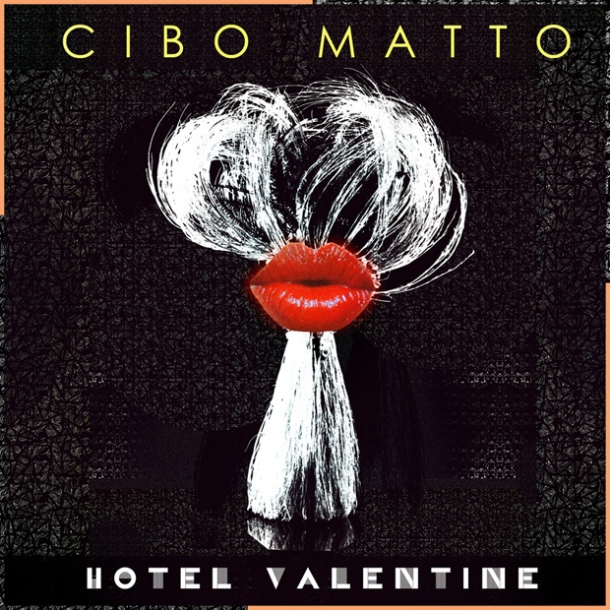Cibo Matto march back into the music scene with their latest, Hotel Valentine, donning neon Japanese street style and singing about strange spirits haunting their hotel room.
Cibo Matto, to the awe of their devoted fans and website conservators, just dropped a flashy comeback album called Hotel Valentine, and it’s enough to make anyone who shed tears over their departure rejoice. Yuka Honda and Miho Hatori have risen from the land of solo projects to weave a disjointed ghost story that may or may not have a deeper meaning.
Yuka Honda and Miho Hatori formed Cibo Matto (or, “crazy food,” in Italian) in 1994. They released Viva! La Woman two years after as a repertoire of songs relating to food. With cuts such as “White Pepper Ice Cream” and “Know Your Chicken,” they crafted a sample-heavy hit album. In 1999, their band lineup expanded to include a young Sean Lennon, and they made the mellower, Shibuya-kei album Stereo*Type A. It was a sign of development, as their catchy synthpop tunes and quirky new subjects (“Sci-Fi Wasabi”) were less dependent on samples and heavier on live instrumentals.
It was a dismay to many of their hopeful and devoted fans when they announced their disbandment in 2002. The break lasted a over a decade.
Their reunion in the studio comes after a 2006 essentials compilation and a 2011 tour agreement; hints that it wouldn’t be too long before a third album was in the works.
Hotel Valentine recompenses the long wait. The songs, typical of Cibo Matto’s playful oeuvre, seem to float around like phantoms. They don’t make much sense chronologically or logically, but each is a testament to the strange events that can be expected to happen during a stay at Hotel Valentine.
In “Empty Pool,” we sense a spectral entity watching us; in “10th Floor Ghost Girl” we sight a nothing-out-of-the-ordinary “international ghost girl.”
These strange events on our visit don’t all seem to be supernatural. “Housekeeping” deals with a rather shady maid service that feels no guilt about “[taking] your weed,” and the narrator of “Déjà Vu” is earthly, but unable to distinguish between reality and fantasy. Ultimately, these events culminate in the subsequent “Lobby” in which the narrator’s stream-of-consciousness flows fluidly against a funky beat. It’s an interesting display of instability; the narrator cannot put together a cohesive story, but it still sounds wonderfully strange.
The only mildly ordinary moment in this visit to Hotel Valentine may be its starting track, “Check In,” which carries a catchy beat. It’s not without an underlying creepiness though, as it still conjures ominous conversations about the hotel’s resident ghost.
The album wraps up with “Check Out,” a more sobering, ambiguous swan song.
http://www.youtube.com/watch?v=mMMd6cKuf_8
As much this concept album is a weird fiction, it shows how separated from reality narrators Honda and Hatori may be. But Hotel Valentine is very stable in its reconciling of genres, and in it Cibo Matto creates a distinct sound; one only they seem to be able to deliver. In fact, this album is a major badge of honor for Cibo Matto in integrating the flurry of different genres that they seemed to have experimented with in the past. “Emerald Tuesday” carries distinguishing elements of acid jazz as it builds up to a saxophone solo reminiscent of film noir. And “MFN” plays on Miho Hatori’s adorable and sometimes nonsensical rapping to create a funky, synth-hop track. Even the music video for “MFN” is a characteristic production of Cibo Matto’s unique style with its near epilepsy-inducing levels of vivid lights and superimposed images of random objects such as fruit.
From the captivating concept of a haunted hotel, to success with genre-bending, it’s clear that Cibo Matto have made a strong comeback. Their homecoming album is definitely one that doesn’t disappoint.
Hotel Valentine can currently be purchased on iTunes or streamed on Spotify.
Bay Area fans can catch Cibo Matto playing their new material live next week with Salt Cathedral, February 26 at Slim’s in San Francisco.
Article by Linda Choi

